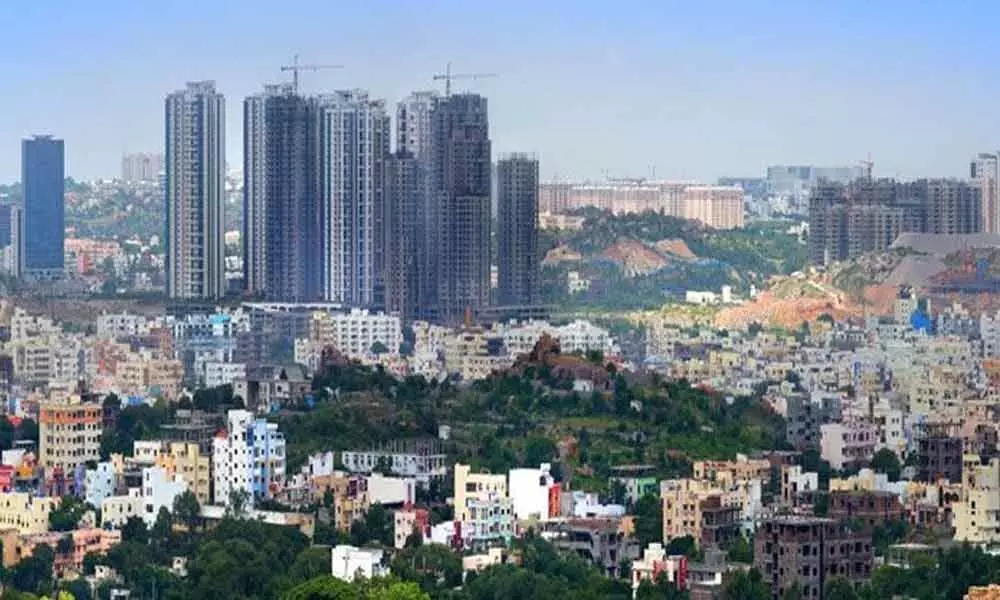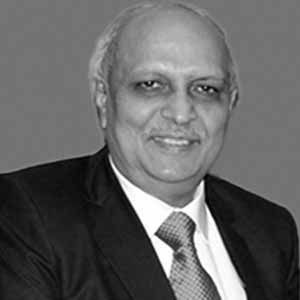Live
- Seven-day national mourning in respect of Dr. Manmohan Singh
- 'I've lost a mentor and guide': Rahul Gandhi grieves demise of Dr. Manmohan Singh
- 'Great loss for all of us': President Droupadi Murmu mourns Manmohan Singh's demise
- Dr Singh presented milestone budget of 1991 which liberalised Indian economy: FM Sitharaman
- PM Modi condoles demise of Dr. Manmohan Singh
- Former Prime Minister Manmohan Singh Dies at 92: A Legacy of Economic Reforms
- Nagesh Trophy: Telangana, Gujarat dominate action on Day 4 with easy wins
- Get Ready for Dreame Technology’s Year-End Amazon Sale – Big Savings on Smart Home Products
- FIR registered as 4 voter forgery cases come to light in Delhi's Okhla constituency
- Ayodhya Ram temple to host majestic anniversary celebrations on Jan 11 with devotional, cultural programmes
Just In

Recently Delhi chief Minister Arvind Kejriwal made a comment that people from Bihar get into a train and come to Delhi by paying Rs 400 and avail themselves of medical facilities substantial in nature causing a drain on the resources of the Delhi State.
Recently Delhi chief Minister Arvind Kejriwal made a comment that people from Bihar get into a train and come to Delhi by paying Rs 400 and avail themselves of medical facilities substantial in nature causing a drain on the resources of the Delhi State.
Coming from the Chief Minister of a State, more so, where the national capital is located, the comment looked quite strange.
Though there is no bar on freedom of movement across the country and the Constitution guarantees freedom of movement without any restriction but still it is natural that all Indians from different nooks and corners of the country feel that they have a natural right over the capital city of the country.
By travelling from some other place, people are able to claim substantial medical benefits and there is something wrong the way the scheme is devised, and it is high time the Chief Minister concentrated on plugging the loopholes.
Normally for anybody to avail such facility, proof of residence and identity is insisted, and it cannot be easily accessed unless one resides at a place for quite some time.
Compared to other States in India, Delhi is uniquely placed. It doesn't have a large rural hinterland with which it has to share its resources.
That facilitates reinvestment of the surplus generated within the State facilitating a better urban infrastructure in Delhi. That it is the capital of the country also ensures infrastructure is better taken care of.
On the contrary, let us take cities like Mumbai, Bangalore and Hyderabad. They are capitals of States with large rural hinterlands. Surplus generated in these urban centres to a large extent gets distributed in the rural hinterland.
Given the political nature, greater representation from the rural areas, this is bound to happen. Infrastructure in most of these capital cities is always found wanting and never kept pace with the growth of the city making life miserable for the city dwellers.
These cities which otherwise should have been competing with cities like Singapore and Hong Kong for location of the headquarters of the multinationals have to be content with establishment of the back offices of these multinationals since they find adequate supply of skilled labour in these metros.
In a recent article, The Economist also made a mention of this, stating that all multinational companies prefer Indian cities for locating their back offices but when it comes to locating their headquarters or regional offices, they prefer cities like Singapore or Hong Kong which have world class infrastructure.
Barring Delhi, the other metros including Calcutta, Mumbai and Chennai came into existence with the arrival of East India Company.
They were headquarters of presidencies covering areas which are linguistically and culturally diverse. Though Hyderabad was much older, it was also a cosmopolitan city being headquarters of a principality covering Telugu-Kannada-Maratha linguistic groups.
When India became independent, if care was taken to declare these cities as Union Territories and respective States were requested to find the suitable place for locating their capitals, these metros could have become engines of growth for the country.
Any surplus generated there could have been reinvested there providing qualitatively better urban infrastructure. Since they were essentially headquartering multicultural multilingual presidencies, the cosmopolitan character could have also been maintained much better.
When Mumbai was an important port of call in the east, Singapore, Hong Kong and Dubai were nowhere in the picture.
Visionary leadership with focus developed these cities by providing excellent urban infrastructure and were able to attract substantial foreign investments leading to an unprecedented growth in these City States.
No State government today would agree for their capital cities to be declared as Union Territories. But States and the Centre can agree to declare some tier-2 cities as Union Territories with small hinterland where industries can be set up.
There can be an agreement of sharing of the revenues between the Centre and the State after leaving substantial surplus generated in these UTs for reinvestment in their urban infrastructure. Cities like Vizag and Pune can be considered for such proposal.
This would facilitate development of these areas with qualitatively better urban infrastructure and in a cosmopolitan manner.
Only when we provide world class urban infrastructure and environment, we can compete and get qualitatively better investments in the country.
Otherwise, we should be content to be the back office service providers for multinationals a job cities like Hyderabad and Bengaluru are doing extremely well with all their urban infrastructure problems of bad roads overflowing drains and traffic congestions.
(Writer is former Chief Secretary, Government of Andhra Pradesh)

© 2024 Hyderabad Media House Limited/The Hans India. All rights reserved. Powered by hocalwire.com







